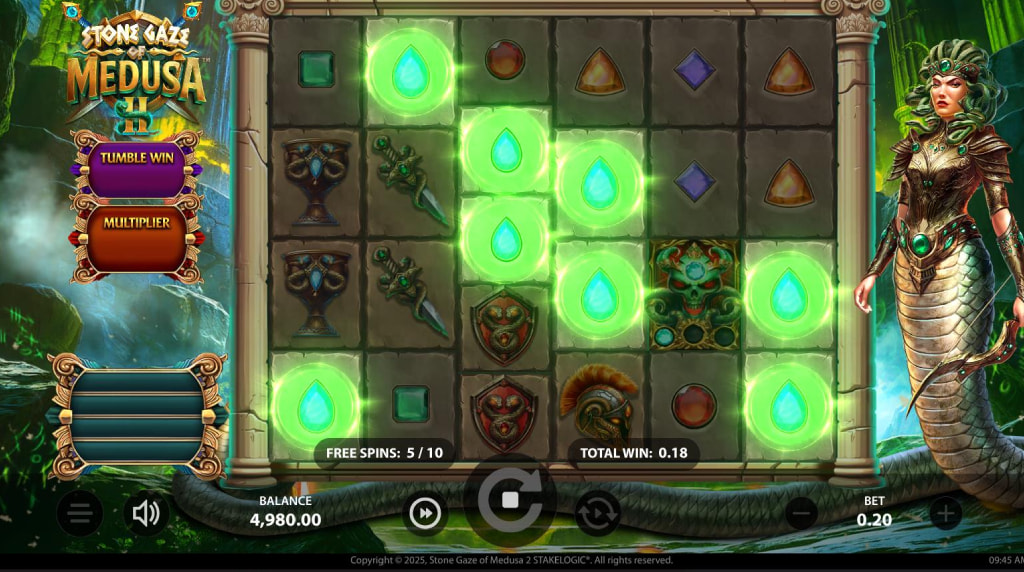The Netherlands’ Ban on iGaming Ads Comes into Effect
On July 1, 2023, the Netherlands Ministry of Justice and Security implemented a ban on untargeted advertising for online games of chance. The ban includes all kinds of public advertisements, including television, radio, and billboards. Licensed online gaming operators in the country are only allowed to advertise online as of 1st July, provided they can target their ads to people aged 24 and above. Any advertisement in breach of the new rule will result in penalties for the operator. The move, proposed by Minister Franc Weerwind in July 2022, was initially supposed to take effect from January 2023. However, due to ongoing public consultations behind the law, the implementation was deferred to July 1, 2023. The ban also includes phasing out sponsorship deals and events promoting online gambling, to be completed by July 2025.

On July 1, 2023, the Netherlands Ministry of Justice and Security implemented a ban on untargeted advertising for online games of chance.
©Azhar J/Unsplash
The Dutch Gambling Authority, de Kansspelautoriteit (KSA), opened the legal gambling market in the country on October 1, 2021. Ever since the KSA has worked tirelessly to safeguard the country’s people from the harmful effects of gambling. De Kansspelautoriteit (KSA) regulates all online and land-based gambling operators in the country to ensure safe gambling in the country. Its main objective is to put a stop to illegal betting among Dutch citizens and has put in place several measures to curb problematic gambling. The KSA aims to protect the young and vulnerable citizens of The Netherlands from attractive advertising offered by gambling operators.
The KSA is also the issuing authority for iGaming licenses in the country and has the power to levy fines or revoke the licenses upon non-compliance with its gambling regulations. One of the main conditions for receiving a gambling license in The Netherlands is that the operator must comply with the government’s addiction prevention measures. Operators must have deposit limits in place, which can be changed every 24 hours, and must monitor all activity and intervene in case of any addictive behaviour surfaces on their platforms.
Since the opening of the gambling market in October 2021 in The Netherlands, there has been a sharp increase in the number of non-targeted advertisements for online games of chance. People of all ages were viewing the ads including vulnerable groups such as minors and people prone to addictions. On June 30, 2022, Minister Franc Weerwind banned the use of role models in advertisements for high-risk games of chance to prevent the country’s youngsters from getting influenced to start gambling.
The Ministry for Legal Protection deemed it necessary to regulate the advertisement of such games. It proposed a wider ban on untargeted advertising for online games which has now come into effect. Minister Weerwind also acknowledged that there was a need to advertise iGaming websites to spread awareness on which operators are legal so that the general public does not turn to illegal platforms. However, the government faced the challenge of preventing such ads from adversely affecting vulnerable groups. Therefore, after careful consideration and several reviews, the ban on advertisements has been implemented.
While speaking about the ban, Minister Weerwind said:
“Advertising is necessary to make the legal offer of online games of chance known so that people do not play illegally. At the same time, as a government, we also have a duty to protect vulnerable groups against the risks of online games of chance. With this ban, vulnerable groups, especially young people, come into less contact with these advertisements, and we limit the temptation to engage in high-risk games of chance”.
The Netherlands’ Ministry of Security and Justice had published the final text on the ban on untargeted gambling advertisements on April 19, 2023. The same has now entered into effect.
What does the advertisement ban include?
The ban on advertisement is limited to the online game of chance operators, and land-based gambling operators do not need to adhere to the new regulations as of now. This is owing to the fact that the number of problematic and underage gamblers are far higher when it comes to online games of chance. The official text makes the distinction between online and offline games of chance.
“The ban on untargeted advertising contained in this decree specifically targets remote games of chance. This choice was made because the reason for the ban lies in the strong increase in the amount of gambling advertising after the opening of the market for remote games of chance in October 2021. Research also shows that problematic gambling takes place relatively often on the internet.”
The decision puts a blanket ban on public advertising, meaning that ads on television, radio, and billboards have to be taken down immediately. Hoardings and posters indoors in public places, such as cinemas, restaurants, cafes, or bars, are also banned. Only online advertising will be allowed, which must also adhere to the new regulations. Operators must be able to show that 95% or more of their online traffic is 24 years or older. In addition, users must be able to turn off ads on all websites or apps. If a website cannot prove that 95% or more of its audience is 24 years old or above, no ads will be allowed on such websites.
Charlotte Hees, a spokesperson for the Ministry of Justice and Security, stated:
“We have listened carefully to the advice that has been given: that is nowhere realistic. Then you get a total ban on advertising, and the risk is too great that people end up on the path of illegal gambling. 95% 24+ is strict, but it appears to be feasible based on an inventory of media parties. That may not be feasible on all websites, and advertising is therefore no longer allowed there.”
The ban also extends to sports sponsorships; however, due to the greater financial implications involved in sponsorship deals, the blanket ban on sports sponsorship comes into effect on July 1, 2025. Sports sponsorships have been allowed a transition period to remove the logos from shirts and apparel, along with the hoardings and boards in and around the stadiums. However, as of July 1, 2023, no sports club can enter into a new sponsorship contract with any online game of chance operator.
New Advertising Code for Online Gambling
The Advertising Code for Online Games of Chance (ROK) is a set of rules that apply to advertising by online gaming providers for online games of chance and advertising for specific other games of chance in the Netherlands. The ROK was adopted and published by the Advertising Code Authority in the Netherlands in 2021. The code sets out strict rules for the promotion and advertising activities for games of chance.
A new version of the Code has been introduced with the ban on untargeted advertising in the country. The complete Advertising Code can be found at advertisingcode.nl. The new code includes the changes brought about by the advertising ban. In addition to the changes, it also mandates that players must be informed about responsible gambling, the content of the ads must not glorify online games of chance, and welcome bonuses must be limited.



